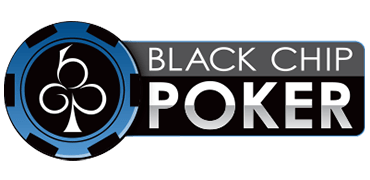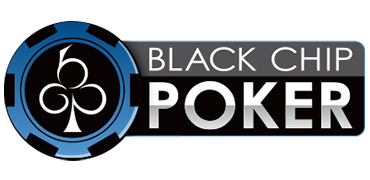First Steps for Online Poker Players
Starting out in poker is like starting in any game or sport, except with way more variables. You’ve got to play in the right online poker rooms, avoid shady sites, and find action. Also, you want to compete, not just hope for the best cards and a lucky dealer.
Lucky for you, it’s easy to start playing poker on mobile devices or PCs. After a while, you will learn more, develop strategies, and improve your skills.
Here are the first steps you should take in online poker.
Learn Basic Poker Rules
Before anything else, the rules of poker must be clear in your mind. That won’t take you long, especially with all of the guides online and free ways to practice.
This game offers two ways to win:
- Make opponents fold a stronger combination of cards.
- Show a better poker combination at the end of the round (showdown).
So, you can’t understand how to play without learning poker combinations. Some are more common, like single pairs, which you’ll make about 30% of the time. Other hands are more rare (and more unbeatable), like two-pair, three-of-a-kind, and straights.
Remember this chart and study it:

How to Choose a Poker Room to Play On
The poker room you play on is important. Beginners should evaluate a few key aspects of poker rooms before signing up.
- Player Traffic: If the site you choose doesn’t have anybody playing, the games are going to be awful. Use a free traffic tracking tool to see where the action is.
- Selection of Poker Formats: Texas Holdem is still the most popular and well-known format of poker, but plenty of others exist. You might like another format more and sites should have several other kinds of poker to play.
- New Player Rewards: When you sign up, a poker site should reward you - and they usually do. Some poker promotions are better than others though, so do some window shopping first.
- Reasonable Table Fees: Poker sites have to fund their operation by charging small fees at the table (known as “rake”). When you play a hand, a percentage of the pot goes to the room operator, so you should find sites that have reasonable fees.
- Solid Reputation: These days, some poker sites have questionable security and you want to avoid them like the plague. You deserve fair games, so only sign up with reviewed poker rooms with stellar reputations.
- Trustworthy Cashier: Before long, every committed player decides to make a small deposit and invest in themselves. Make sure that your poker room can be trusted with your funds by checking reviews.
Best Poker Sites for New Players
A couple of poker rooms stand out to new players. They generously reward you for joining, have modern software, and generally, soft games.
- GGPoker: One of the largest poker sites, with a slew of rewards for new players, fantastic software, and tons of action. GG wants to be the biggest and best poker site in the world and they are making clear efforts to do that.
- PokerStars: Similar to GGPoker, PokerStars has been in the game for a very long stretch and maintains a fairly spotless reputation. There’s high traffic on the site.
- 888poker: This site has great player traffic and a No-Deposit Bonus that can get you started without funds. This attracts plenty of beginners, which should help you have a higher win rate if you improve your skills.

Have you heard of free poker games? These “freerolls” are tournaments you can enter for absolutely no cost, but there is real money to be won.
We update a full schedule of free online poker tournaments daily, from all of the top poker rooms. Take a look to see which free poker events are running right now.
- Increased first deposit bonus
- Increased rakeback and reloads
- Help with deposits and cashouts
- Access to private freerolls
- Round-the-clock support
Learning Poker Quickly from Beginner Level
Familiarize yourself with poker terms and study the game more. Try to immerse yourself and you’ll transform from a lowly beginner to a regular in no time.
You can browse almost any area of poker strategy in our poker library, but programs can also help you level up. Self-study with poker tools lets you improve at your own pace and there isn’t always an up-front cost. Many of the ones in our shop have free trials.
You’ll want to study with simple tools first, before the advanced programs that experienced regulars use. We’d recommend Flopzilla as a starting point. This program teaches you how to think about poker hands like a professional and navigate flops more skillfully.

Recommended Study Materials
To build a strong foundation in poker fundamentals, strategy, and terminology, check out these excellent articles and guides:
- How to Play Poker - A step-by-step beginner's guide.
- Poker Rules - The basic rules for the most popular poker variants.
- Poker Hand Rankings - Understand which hands beat what.
- Poker Terminology - A glossary of common poker terms and slang.
- Online Poker Guide - Tips for getting started and succeeding in online poker.



















